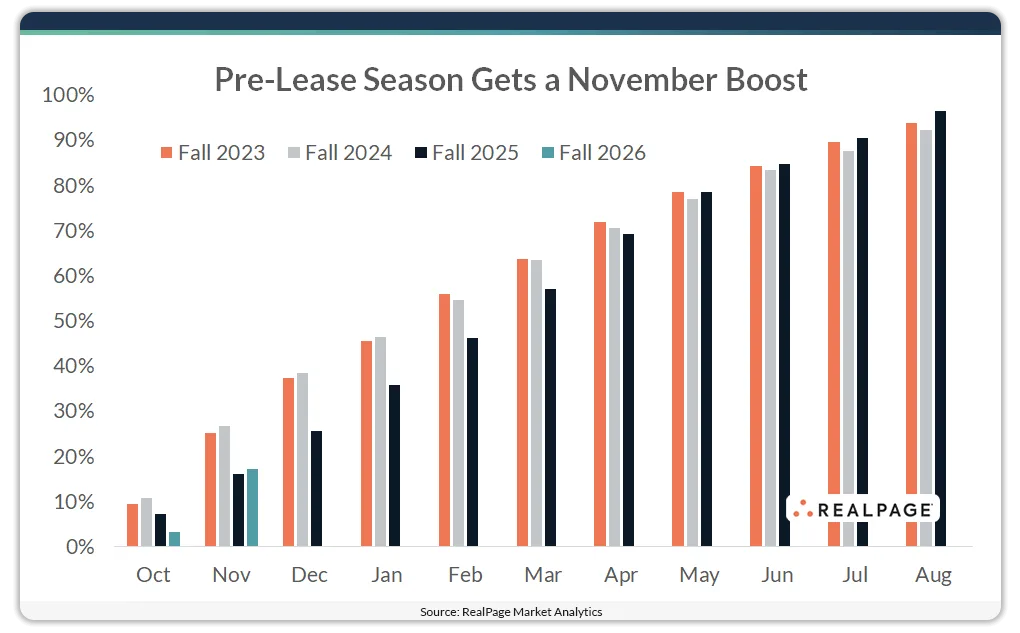The introduction of cutting-edge technologies in real estate promises to change the way business forever is conducted in this age-old industry. The real estate market is a major component of the world’s economy, with a global value of over $7 196 billion.
In some respects, the adoption of technology in real estate has lagged behind its use in other business sectors. It was partially due to a reluctance to change methods that had worked well in the past. Another factor that slowed down the widespread use of real estate technology was major players’ attempts to develop proprietary tools.
But now, these issues are fading, and the market has seen an increase in real estate tech in recent years.
Moreover, the industry players are starting to understand the benefits of investing and using modern technologies. According to the Technology and The Future of Real Estate Investment Management report created by the University of Oxford, in 2020, 53% of real estate companies are now directly investing in technology. 42% of Statista respondents confessed they see potential in Smart Building technologies, while 56% of respondents have already noticed the impact from the tech sphere.
It is poised to see even more growth in how new technologies are genuine real estate disruptors and will affect everyone involved in the industry.
What Is Proptech: Industry Overview
Proptech is a rather amorphous term that is formed from the words property and technology. It encompasses the various solutions that are involved in the growth of commercial real estate software.
Proptech is also known as CREtech for commercial real estate technology or REtech for real estate technology. It usually refers to the software employed in real estate tools and applications.
Six months through 2021, VC deal activity in residential real estate tech has already reached an annual record of $6.2 billion, according to PitchBook data. And with $2.6 billion in funding, the commercial segment is on track to make 2021 the second-most valuable year for venture activity.
The industry shows no signs of slowing down with new generations of consumers and realtors opting for smart solutions that facilitate faster rentals and more convenient living arrangements.
Real Estate Technology Trends That Disrupt the Industry in 2022
The successful adoption of a specific technology in the real estate industry will be determined by its ability to provide value for its users.
According to the 2021 NAR Home Buyer and Seller Generational Trends report, certain features are important to users. Photos, detailed information, floor plans, real estate agent contacts, and virtual tours are among them.
Technologies help to cover the users’ needs and bring them valuable information they use for decision-making.
Automated Rental and Purchasing Property Platforms
Nowadays, how clients find the new property they bought is changing to the Internet more than meeting with real estate agents.
The 2021 NAR Home Buyer and Seller Generational Trends report states that 43% of all buyers look online for properties for sale.
The benefits of using automated property technologies are overwhelming. Consumers and real estate professionals will be at a distinct disadvantage if they choose not to use these valuable tools to find or sell a home.
3D Virtual House and Apartment Tours
Closely associated with search applications are solutions that enable prospective buyers to take a virtual tour of properties while selecting. It eliminates the time and expense of visiting multiple properties, many of which can be removed from the buyer’s list of potential purchases through virtual viewing.
Of course, most buyers will want to tour the property before making a final decision physically. Still, the time and money savings for the customer and real estate agent in determining the best fit can quickly add up. Moreover, today VR technologies allow having almost realistic virtual tours to houses where you can easily examine the property state, interior details, and furniture.
Conversational AI
Real estate software customers expect to get the best service and experience from using the technologies. Contact channels must be available 24/7, the response time must be as fast as possible, and the error rate should be close to zero.
An automated service desk with the conversation AI can easily fulfill the requirements. This technological approach goes beyond common chatbots. According to Deloitte, “these assistants would be built for purpose, have a rich set of capabilities, and be integrated into the end-to-end process landscape of the enterprise.”
Big data
Databases and data warehouses are used to store the immense quantities of information that is gathered concerning consumer preferences.
According to McKinsey’s research, real estate applications based on machine-learning models can predict changes in rent rate with 90% accuracy, while the changes in other property metrics can predict with 60%. That can pretty well help clients understand what property is a better choice for their investment, as in the case of commercial property and non-commercial.






6 thoughts on “Real Estate Technology Trends for 2022 That Changing the Industry”